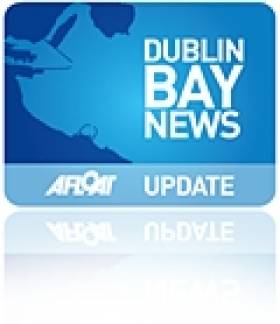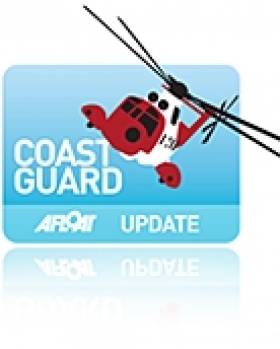Displaying items by tag: controversial
DCC Rejects Clontarf Flood Defence Plan
#DUBLIN BAY NEWS - Dublin City Councillors have unanimously rejected controversial plans for flood defences in Clontarf.
As previously reported on Afloat.ie, councillors were set to vote last night on whether to give the green light to the scheme, which has faced strong opposition from local residents and business owners.
The flood barrier would have involved the construction of mounds or walls up to and above 7ft high along the Clontarf promenade.
However, following a vote last night, a redesigned proposal was rejected by the council, with officials admitting to The Irish Times that the public consultation process "didn't work".
Labour councillor Jane Horgan Jones said that it was now up to council officials and the local community to develop an acceptable plan to protect Clontarf from flooding in the future.
"However this is done, it must not be at the cost of destroying a beautiful, free and natural amenity that has been used by generations of Dubliners, from within and outside Clontarf, for many years,” she said.
The Irish Times has more on the story HERE.
Search and rescue operations from Northern Ireland's only dedicated coastguard centre are on the increase, the Belfast Telegraph reports.
The latest figures show that there were 50 per cent more callouts to the Bangor-based centre last year than in 2006.
Shipping Minister Mike Penning - who is behind controversial plans to streamline the UK's coastguard network, which could see Bangor either closed or reduced to daylight operation - also confirmed that more than a third of callouts were made at night.
As previously reported on Afloat.ie, the final decision on the coastguard proposals will be taken by 19 July.

























































